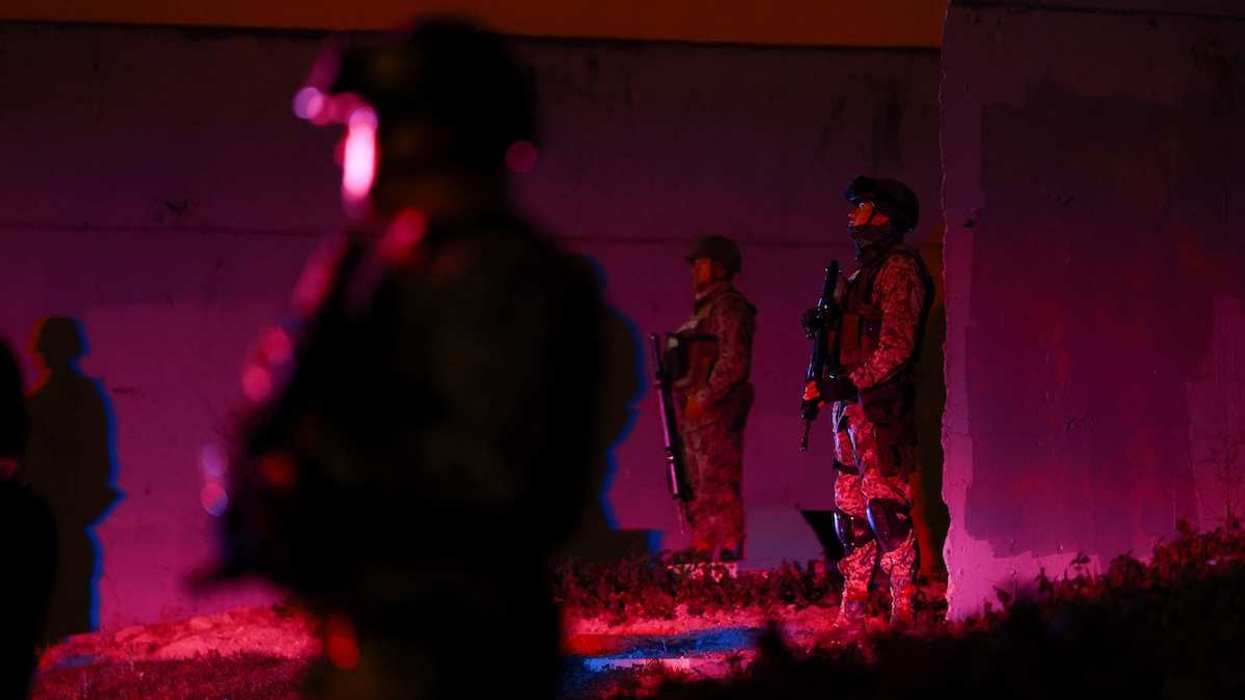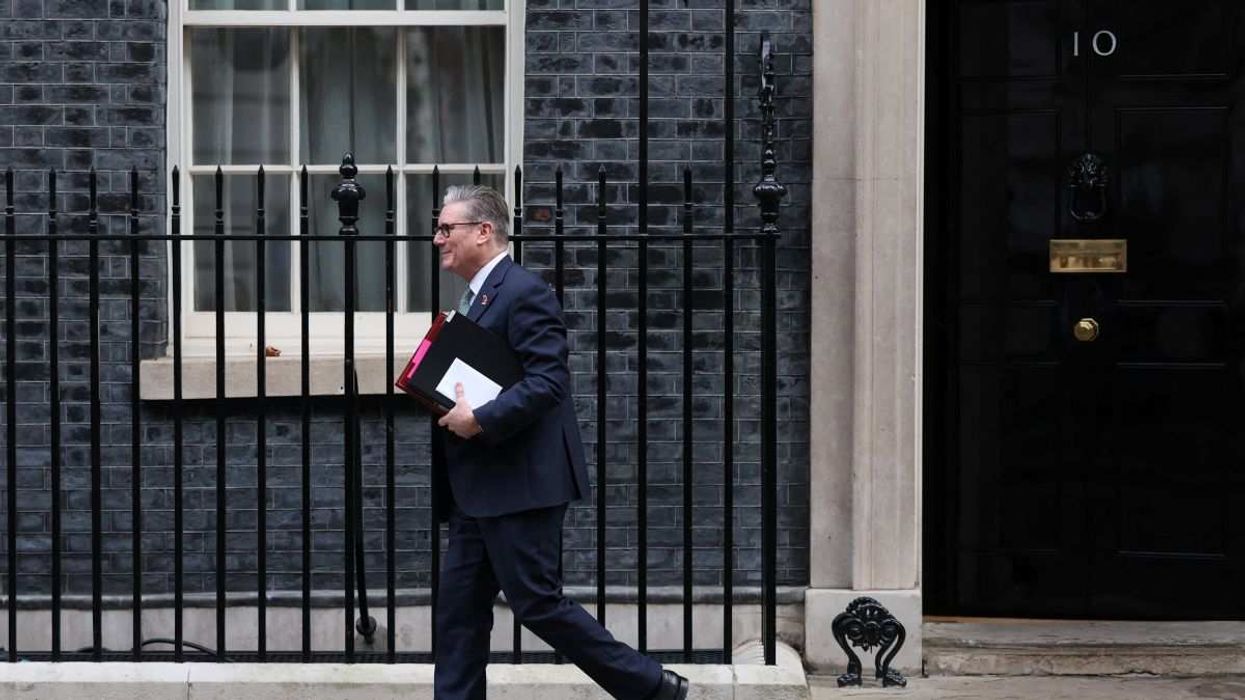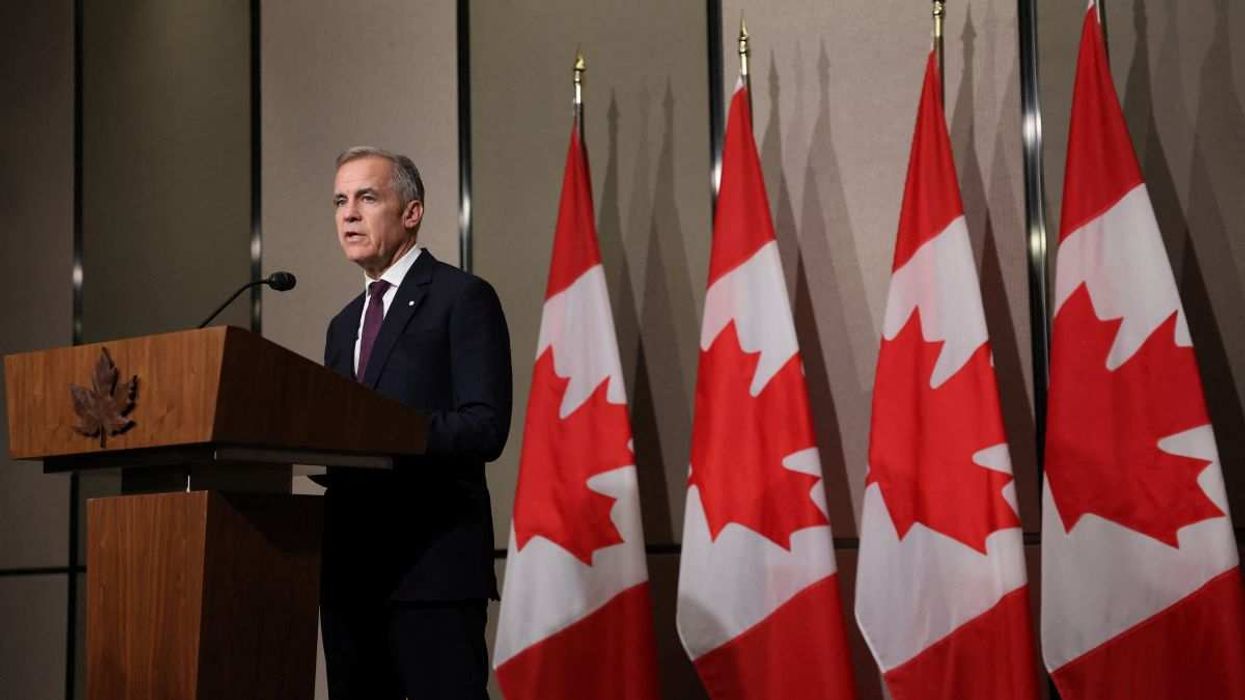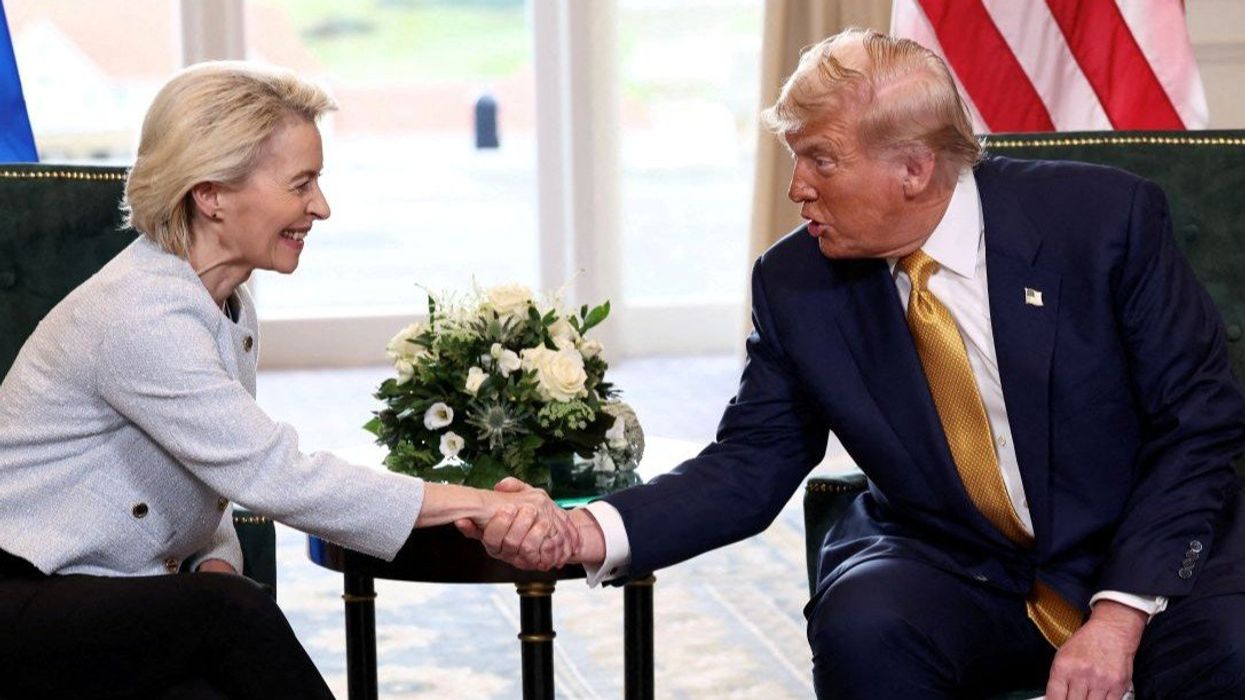What We're Watching
What We’re Watching: Israel reportedly warns Lebanon, China-Japan tiff escalates, Canada says it will give aid to Cuba
Israel indirectly warned Lebanon that it would strike its northern neighbor hard if the Iran-backed militia group Hezbollah gets involved in any future US-Iran conflict, two Lebanese officials told Reuters.
Feb 24, 2026










